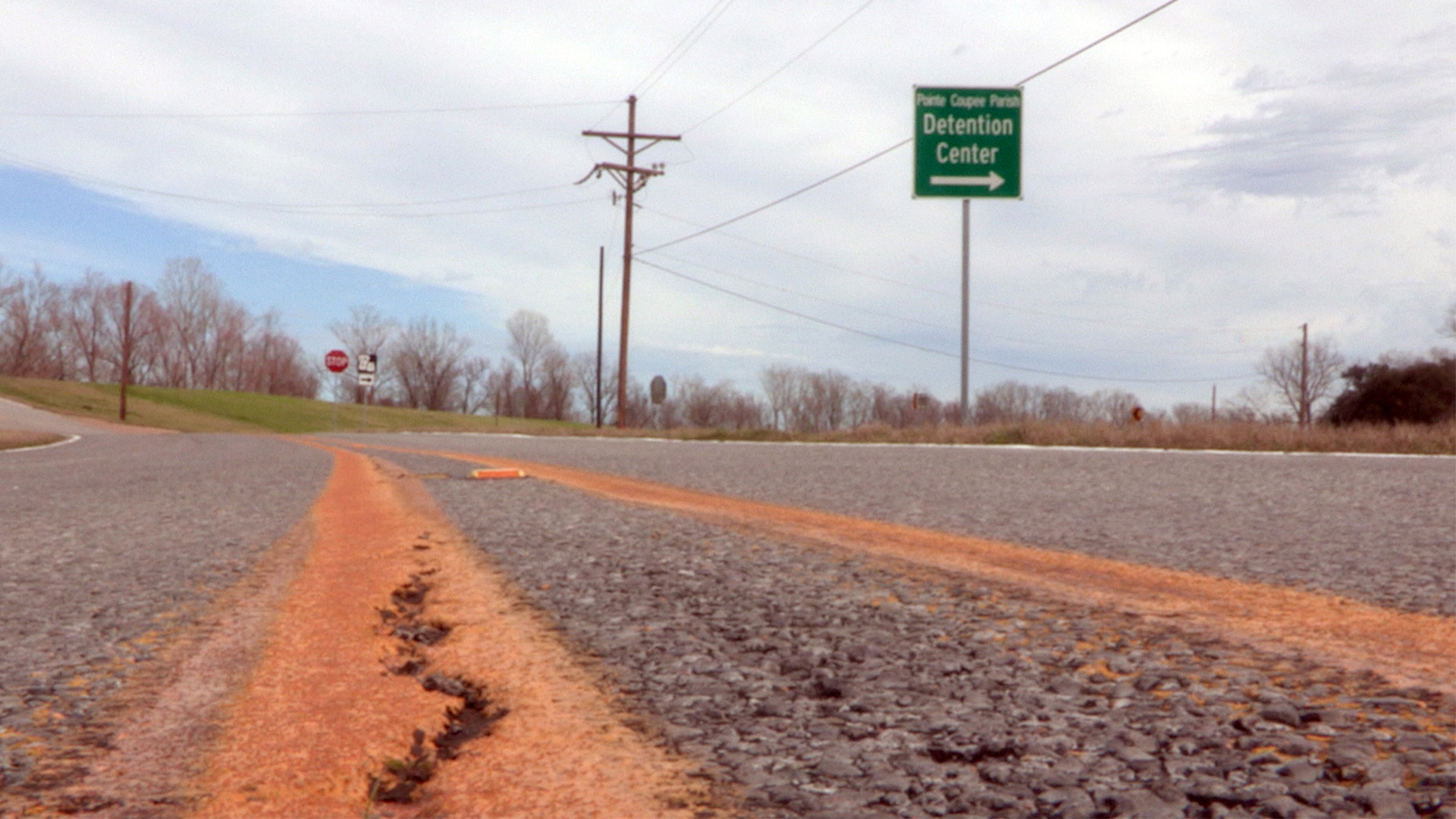A Louisiana appeals court has upheld a lower court’s ruling that it is unconstitutional for the DeSoto Parish district attorney’s office to fund the cash-strapped public defender’s office with money from a pretrial diversion program.
The ruling on Friday from the 2nd Circuit Court of Appeal found that the agreement between the DeSoto Parish district attorney’s office and the DeSoto Parish public defender’s office violated constitutional provisions that guarantee conflict-free legal counsel.
The U.S. Constitution effectively prohibits the district attorney’s office from helping to fund the defense of people it is also prosecuting, the court ruled, adding that the agreement also violated a professional rule requiring the public defender to use “independent or professional judgment.”
The ruling notes that the SPLC and the ACLU of Louisiana filed a friend-of-the-court brief in support of an earlier judge’s order stating that the agreement violates the Sixth Amendment’s guarantee of a fair and impartial trial.
“The ruling by the Louisiana 2nd Circuit Court of Appeal is a positive and reassuring development,” said Micah West, staff attorney for the SPLC. “As the appeals court affirmed, when the district attorney’s office serves as both adversary and financial patron to the public defender’s office, it violates the Sixth Amendment. The public defender’s office has a duty to operate independently and advocate zealously for indigent defendants.
“Further, the state should adequately fund the public defender’s office,” West said. “The public defender’s office should not be beholden to the district attorney’s office – its adversary – for adequate funding. We hope the court’s ruling will protect against the appearance that criminal defense for indigent defendants in DeSoto Parish is for sale.”
The DeSoto Parish public defender’s office began having financial problems last year after DeSoto District Attorney Gary Evans began a pretrial diversion program. State statute directs fine and court costs to be shared among more than a dozen agencies, including the public defender’s office, which relies on court costs to fund itself. However, no court costs are generated when traffic tickets are diverted from prosecution. The public defender’s office estimated that if all traffic tickets were diverted, its revenue would drop by 96 percent.
Evans and DeSoto Chief Public Defender Steve Thomas on March 19 signed a cooperative endeavor agreement that would provide the public defender’s office with $45 from every traffic ticket that is diverted from prosecution. The funding agreement required the public defender’s office to pursue certain hiring priorities and to maintain “an adequate level of attorney and support staff that is competent, professional, [and] diverse.”
District Judge Amy Burford McCartney found that the agreement created a conflict of interest in violation of the Sixth Amendment: “The agreement places an indigent defendant in the precarious situation where the party seeking to convict him is now paying for the attorney who is supposed to be advocating for him in his attempt to avoid a conviction, mitigate his criminal liability and protect his constitutional and statutory rights.”
The 2nd Circuit Court of Appeal agreed on Friday, ruling that the agreement “violated constitutional provisions guaranteeing conflict-free counsel and prohibiting the district attorney from assisting in criminal defense.”
In a separate case, the SPLC has filed a class action lawsuit against the state of Louisiana that challenges the constitutionality and funding structure of the state’s overburdened public defender system.
That suit argues that the state’s public defender system fails to protect the rights of people who cannot afford to hire a lawyer.



